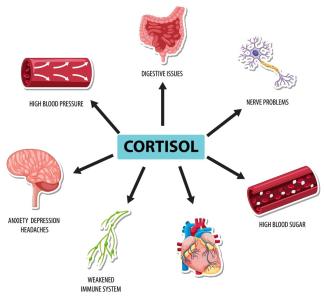
Helicobacter pylori is a type of bacteria that can infect the stomach lining and cause various gastrointestinal conditions, including peptic ulcers and gastritis. There are several tests available to diagnose H. pylori infection. These tests can be categorized into two main types: non-invasive tests and invasive tests.
Non-invasive tests: a. Stool Antigen Test: This test detects H. pylori antigens in a stool sample. It is a convenient and non-invasive method and is often used for initial screening.
b. Urea Breath Test: In this test, the patient drinks a solution containing urea labeled with a specific carbon isotope. If H. pylori is present in the stomach, it will break down the urea, releasing carbon dioxide with the labeled isotope, which can be detected in the breath.
c. Blood Antibody Test (Serology): This test looks for antibodies to H. pylori in the blood. It can show if a person has been exposed to the bacteria, but it may not distinguish between a current or past infection.
Invasive tests: a. Endoscopy with Biopsy: This is the most accurate test and involves inserting a thin, flexible tube with a camera into the stomach (endoscopy). During the procedure, small tissue samples (biopsies) are taken from the stomach lining and examined for the presence of H. pylori.
b. Rapid Urease Test: During an endoscopy, a small sample of stomach lining is taken, and it's tested for the presence of H. pylori. The tissue is mixed with a substance that changes color if the bacteria are present.
The choice of which test to use may depend on various factors, including the patient's medical history, symptoms, and the clinical setting. Non-invasive tests are often preferred for initial screening, while invasive tests like endoscopy with biopsy are reserved for cases where a more definitive diagnosis is needed or when other tests are inconclusive.
If you suspect you have an H. pylori infection or have symptoms related to it, it's essential to consult with a healthcare provider who can recommend the most appropriate test and treatment plan for your specific situation.






